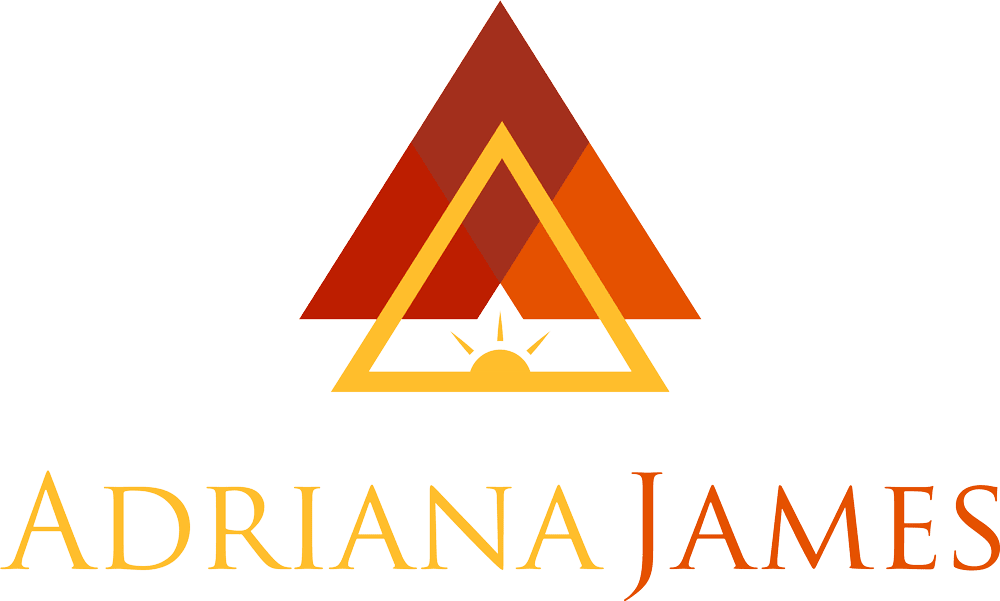How to Get Cooperation from People
What do you want? What do you need?
If you think about it, there probably isn’t anything that you want or need that won’t require someone else’s help in getting it. Since we need other people, we probably ought to know how to get the most cooperation from them. Now this is absolutely true whether you are a salesperson or a trash collector, a manager or a bookkeeper, a Chiropractor or a Massage Therapist. In fact, no matter what you do, the ability to establish, develop and maintain Rapport with large groups of people all from different backgrounds will allow you to get what you want. Having Rapport with someone will allow you to do anything. Since that’s the case, Rapport is probably the most important skill on the planet.
That is why we teach it early on in our NLP Coaching Practitioner Trainings.
When people are like each other, they like each other. When people are not like each other, they don’t like each other. Very simple. Rapport is a great motivator. When you like someone, you are willing to assist them in having whatever they want. 93% of all communication between people is non-verbal, so most of all communication is outside our conscious awareness. A tremendous opportunity exists for communication outside of normal channels (the words we use), and that’s what rapport is all about.
For example, remember a time when you were accessing your feelings, in a feeling state, or calm and quiet. Maybe there a time when you were in this state, and perhaps you can recall being with another person who was in an excited (visual) mode? Do you remember the feelings in your body when that happened?
Or maybe you can remember being in a really excited (Visual) mode, and talking to someone in a real slow (Kinesthetic) state. Remember how it drove you crazy waiting for the other person to catch up?
Neither of these modes of operation is wrong, they’re just how people operate. To be a master communicator, you will also need to keep in mind that you will communicate best with people, when you employ their primary modality. Too often, however, communication takes place in a system where people are unconsciously mismatching modalities.
So the first major element of rapport is to match the modality the person is in.
If you’re meeting with someone, for example, who is in high visual, and you’re not quite there, sit up in your chair, breathe from the top of your lungs, and be excited. Or at least act in a way that matches what they’re doing. On the other hand, if you’re meeting with someone who is auditory, you want to slow down a bit, modulate your voice more, and “listen, really listen.” If you’re meeting with someone who is kinesthetic, slow waaaydooown. And talk to them about feelings. Actually change your voice tone so that it matches theirs, and really “get a feel for it.”
Below is a list of predicates for each representational system. Look at these now, and notice the words and phrases that people use in each major representational system. In each different system, people are using different words, different phrases that actually reveal what’s going on inside their heads.
List of Predicates
| VISUAL | AUDITORY | KINESTHETIC | UNSPECIFIED |
| see | hear | feel | sense |
| look | listen | touch | experience |
| view | sound(s) | grasp | understand |
| appear | make music | get hold of | think |
| show | harmonize | slip through | learn |
| dawn | tune in/out | catch on | process |
| reveal | be all ears | tap into | decide |
| envision | rings a bell | make contact | motivate |
| illuminate | silence | throw out | consider |
| imagine | be heard | turn around | change |
| clear | resonate | hard | perceive |
| foggy | deaf | unfeeling | insensitive |
| focused | mellifluous | concrete | distinct |
| hazy | dissonance | scrape | conceive |
| crystal | question | get a handle | know |
| picture | unhearing | solid |
The second element of rapport is physical mirroring where we become a mirrorofthe individual’s physiology. Actually physically copying their posture, facial expressions, hand gestures and movements, and their eye blinking will cause their body to say unconsciously to their mind, “Hey, (s)he’s like me!” It’s undeniable to the nervous system. (Important: Mirroring is not mimicking. If Mirroring intrudes into the client’s consciousness it is not rapport.)
The third element is to match their voice: The tone, tempo, timbre (quality of the voice), and the volume. You can also match their key words. Perhaps they often say, “Actually.” You can use it in a sentence several times. Say it back to them.
The fourth element is to match their breathing. You can actually pace someone’s breathing by breathing at exactly the same time as they do (matching the in and out breath). By matching their breathing, by pacing their breathing, you can then begin to lead them out of the representational system they’re in, into another one.
The fifth element is to match the size of the pieces of information (chunk size or level of abstraction) they deal with. If someone usually deals in the big picture, they will probably be bored with the details. On the other hand someone who is into details will find that there’s not enough information to deal with, if you only give them the big picture. So make sure that you are matching the content chunks that the person deals with.
The sixth element is to match their common experiences. This is what’s usually called Rapport. When people first meet, often their early relationship is about matching common experiences, common interests, background, and beliefs and values and their ideologies and common associations.
Rapport is one of the topics that we teach in the NLP Coaching Practitioner Training. To really be a master of Rapport join us there.


